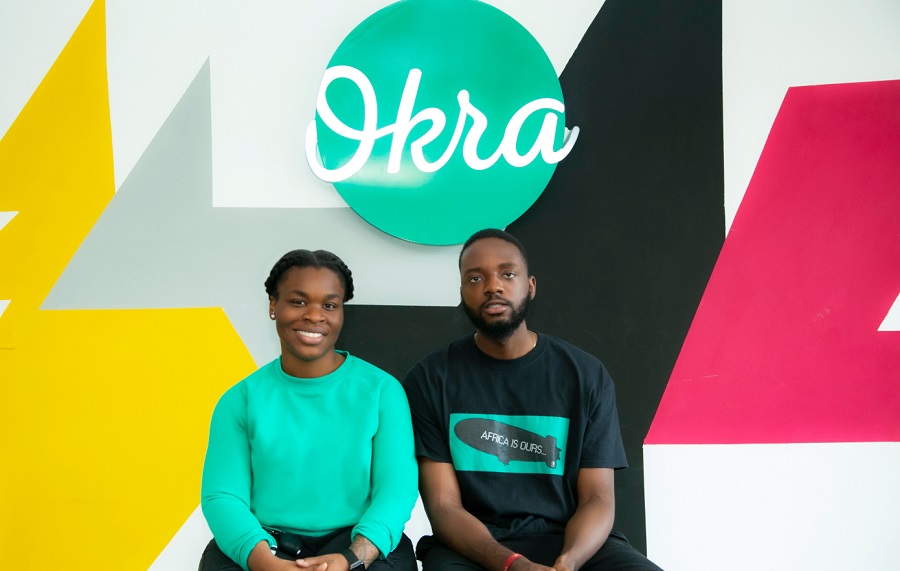By Emihle Luvalo,
Okra a promising, high value fintech company based in Nigeria that specialised in financial data exchange and open banking. Their APIs enabled smooth financial services by offering safe access to bank accounts. Okra’s platform provided services like lending, payment processing, and budgeting, allowing users to exchange financial data. Additionally, they created Nebula, a platform for cloud infrastructure intended to lessen reliance on pricey foreign services. David Peterside and Fara Ashiru Jituboh co-founded Okra in 2019. Peterside left the company in 2022, and Fara Ashiru was the CEO and CTO. Investors such as TLcom Capital, Susa Ventures, and Base10 Partners have contributed money to Okra.
Given Okra’s crucial role in Nigeria’s open banking market, the news of its closure has shocked observers of the fintech sector in that country. Okra closes its doors after raising $16.5 million. After closing, Okra, the Nigerian fintech that helped establish open banking in Africa, gave investors their money back.
Okra shut down due to various challenges, including:
- Hidden ecosystem debt: Okra bore the costs of building infrastructure, educating banks, and developing regulatory frameworks, which drained resources.
- Regulatory delays: Delays in Nigeria’s open banking rules hindered potential revenue streams.
- Macroeconomic pressures: Naira devaluation inflated dollar-denominated cloud costs, making operations unsustainable.
Some tech community members blame “poor product-market fit” or “high burn rate” for Okra’s shutdown. Others counter that Okra’s demise signifies a larger problem: the “ecosystem tax” that African startups must pay because of their undeveloped ecosystems. Fara Ashiru suggests that Okra is not entirely shutting down but rather restructuring to focus on its payments business.
Other African tech startups that shut down after raising millions include:
- Sendy: A Kenyan logistics startup closed due to a failed business pivot and market saturation.
- 54gene: A Nigerian genomics company folded amid mismanagement claims and restructuring issues.
The closure of Okra serves as a reminder that African startups require a more encouraging environment. Okra and other startups’ “ecosystem tax” emphasises how critical it is to close the talent, infrastructure, and regulatory gaps. Stakeholders can endeavour to create a more sustainable environment for startups to flourish by recognising these obstacles.
The closure of Okra should serve as a warning to investors and startups in Africa. Despite being the first open banking company in Africa, the business eventually failed due to the difficulties of functioning in a developing environment. It’s critical to take note of Okra’s experience and endeavour to establish a more encouraging atmosphere for startups to thrive as the African tech scene develops further.


Leave a Reply